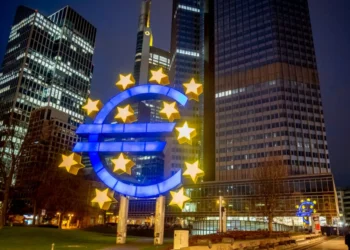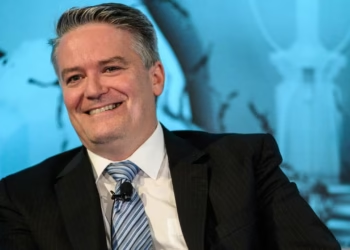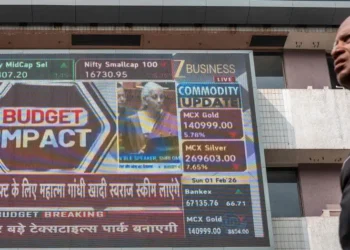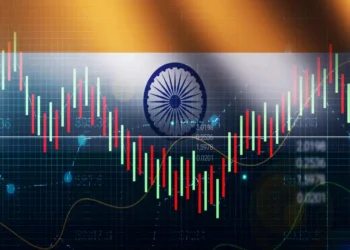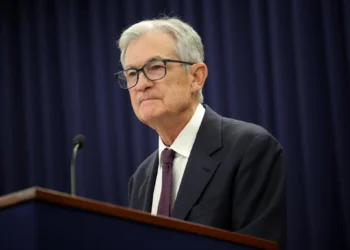WASHINGTON / BRUSSELS (Realist English). President Donald Trump has agreed to postpone his planned 50% tariffs on European Union imports following a phone call on Sunday with European Commission President Ursula von der Leyen, in which both leaders pledged to intensify trade negotiations ahead of a new July 9 deadline.
“She said she wants to get down to serious negotiation,” Trump told reporters. “We had a very nice call. She said we’ll rapidly get together and see if we can work something out.”
The conversation marked the first publicly confirmed call between Trump and von der Leyen since his second inauguration and comes just days after Trump threatened to impose 50% tariffs on EU goods starting June 1, citing stalled negotiations with Brussels.
Von der Leyen confirmed she had initiated the call and described it as “good,” adding that the EU was prepared to move forward “swiftly and decisively” on trade — but needed Trump to honor the original 90-day negotiation window, which ends on July 9.
A moment of de-escalation?
Trump had originally paused a planned 20% tariff on EU imports in April to launch a 90-day negotiation window. His recent 50% tariff threat had startled EU officials and raised the prospect of a full-blown transatlantic trade war.
The European Commission’s statement following Sunday’s call signals a potential shift in tone. Just days earlier, von der Leyen’s chief trade negotiator Maroš Šefčovič accused Washington of undermining talks with “threats, not respect,” and warned Brussels would “defend our interests.”
Following Trump’s tariff threat, Treasury Secretary Scott Bessent said he hoped the move would “light a fire under the EU.” A senior White House official expressed frustration at what they described as Europe’s “lack of engagement,” compared to other trade partners.
EU preparing countermeasures
EU officials are not waiting idly. In the event Trump proceeds with the 50% tariffs, Brussels is preparing a €21 billion retaliation package, targeting U.S. goods such as maize, wheat, motorcycles, and clothing. An additional €95 billion in countermeasures is under discussion, which could affect Boeing aircraft, automobiles, and bourbon whiskey.
At the heart of the dispute are longstanding grievances. Trump has accused the EU of unfair trade practices, while European officials argue that Washington ignores America’s significant services surplus with the bloc.
“I’m not looking for a deal,” Trump said on Friday. “We’ve set the deal — it’s at 50 percent.”
Despite the hard rhetoric, some advisers to Trump interpreted von der Leyen’s outreach as a positive signal. Stephen Moore, a senior economic advisor to the president, told the Financial Times: “It may not be as fast as Trump wants, but I think this is a peace offering. The EU appears ready to negotiate.”
Sunday’s phone call may have prevented an immediate rupture in U.S.–EU trade relations, but the underlying tensions remain unresolved. Trump’s hardline approach, coupled with Brussels’ growing appetite for strategic autonomy, suggests that the current truce may only be temporary. With €116 billion in retaliatory tariffs on the table, the coming weeks could determine whether this is a pivot toward compromise — or just a pause before escalation.



